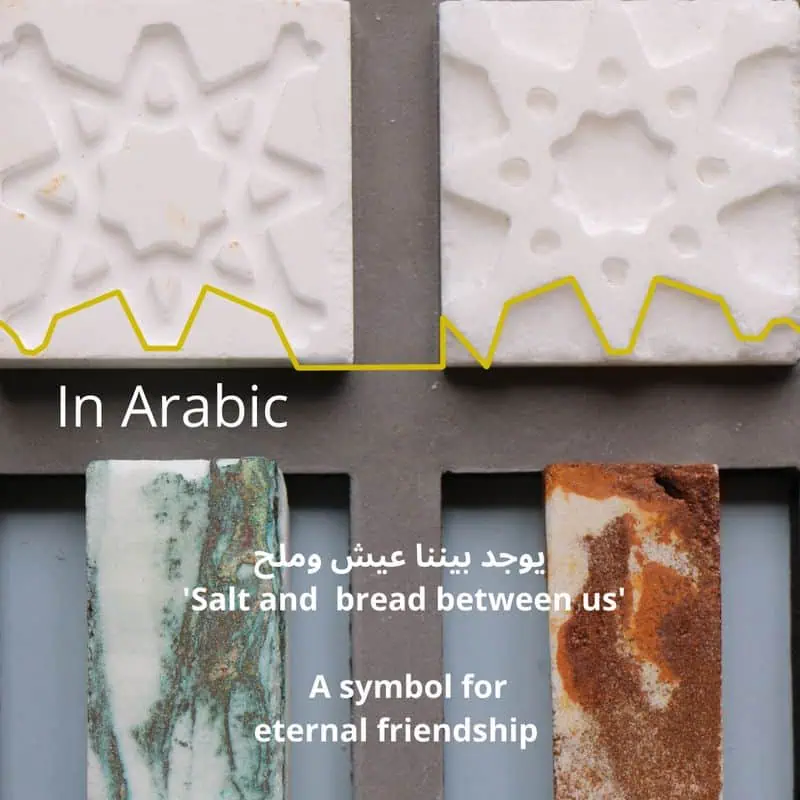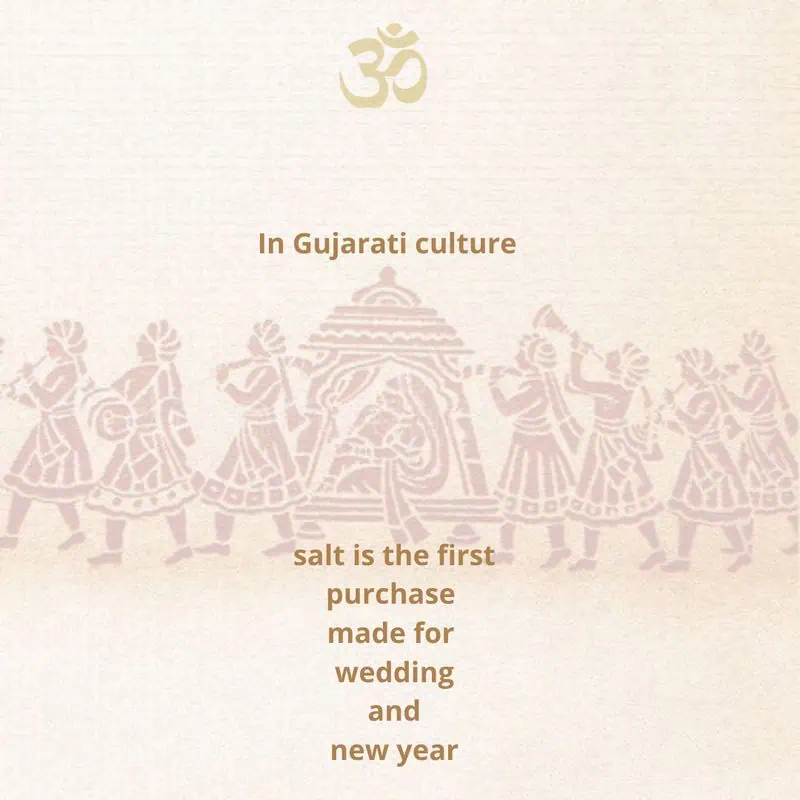Salt -The Culture Story
Table of Contents
The world-wide Meaningful Symbolism of Salt
Salt is well known for its properties that are crucial for surviving.
These properties made it a unique valuable substance which plays a major role in cultures, customs and traditions.

Salt is a substance that was valuable and expensive in ancient times. The word salary is derived from the Latin word salarium, the sack of salt that was paid by the Romans to their soldiers. Salt, as a matter of fact, had been the currency in contemporary terms.
Due to its dear and high position it was served only to monarchs and placed next to the ruler.

Cellini’s Salt Cellar, made for Francis I of France, 1540–1543
Kunsthistorisches Museum, Vienna Photo by Jononmac46 – Own work, CC BY-SA 4.0, https://commons.wikimedia.org/w/index.php?curid=94073277
Salt in religious rituals
Salt has a major role in cultural and religious rituals. Its preservative qualities made it a crucial substance in ceremonies. Salt from the Dead Sea was regarded as the best for use in the Holy Temple. These qualities evolved to stand for blessing, friendship and loyalty.

Among the Ethiopian hill tribes, the tradition was to welcome a guest with a piece of salt rock, as a blessing welcome.
Among the Middle East it stands for covenants and strong relations. The word for covenant in Arabic is ‘Malch’ which means salt.


Salt in Judaism
In Judaism salt is a symbol for the covenant between God and the people of Israel: ” It is an everlasting covenant of salt before the Lord for both you and your offspring.” (Numbers, 18:19). This is symbolized in the custom of the Challah bread dipped in salt and blessed in Shabbat evening.

Sal in Christianity
In Christianity, salt is a very important and known symbol. One of the most famous sayings of Jesus is “You are the salt of the earth” (Matthew, 5:13), whereas Jesus refers to his scholars as Salt of the Earth – indicating their preciousness and high morals.
In Japan salt is considered sacred, and is an integral part of everyday life. Japanese people believe salt is cleansing, and a preserver of purity. In the purification rituals of misogi (a similar concept to baptism), salt is used to remove all spiritual dirt from the individual. A practice still common today is the little cone shaped mounds (Mori-shio) of salt on little dishes on the ground by the threshold of a restaurant, shop or even a residence. It means the place has been purified and it
hopes to attract customers.
Salt hygienic and purifying qualities made it a crucial substance for use across the world in health -care products, air purifiers and as a spiritual blessing substance.
Table of Contents

A Unique Hanukkah Menorah Gift

Salt -The Culture Story

